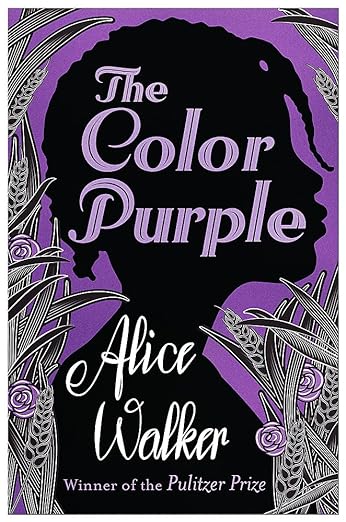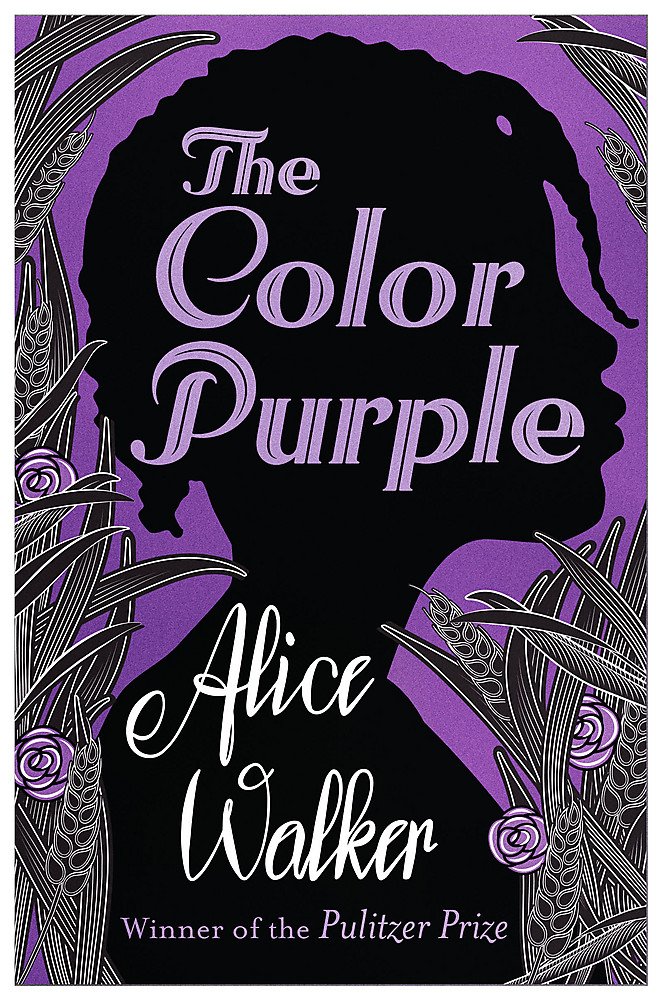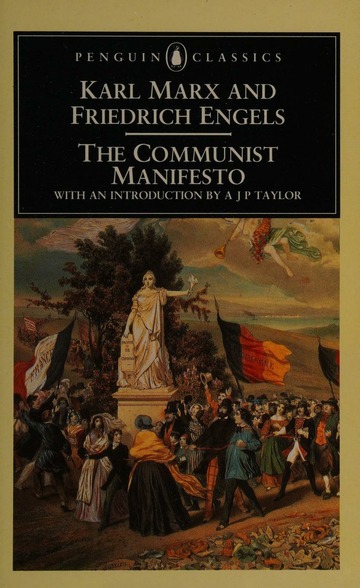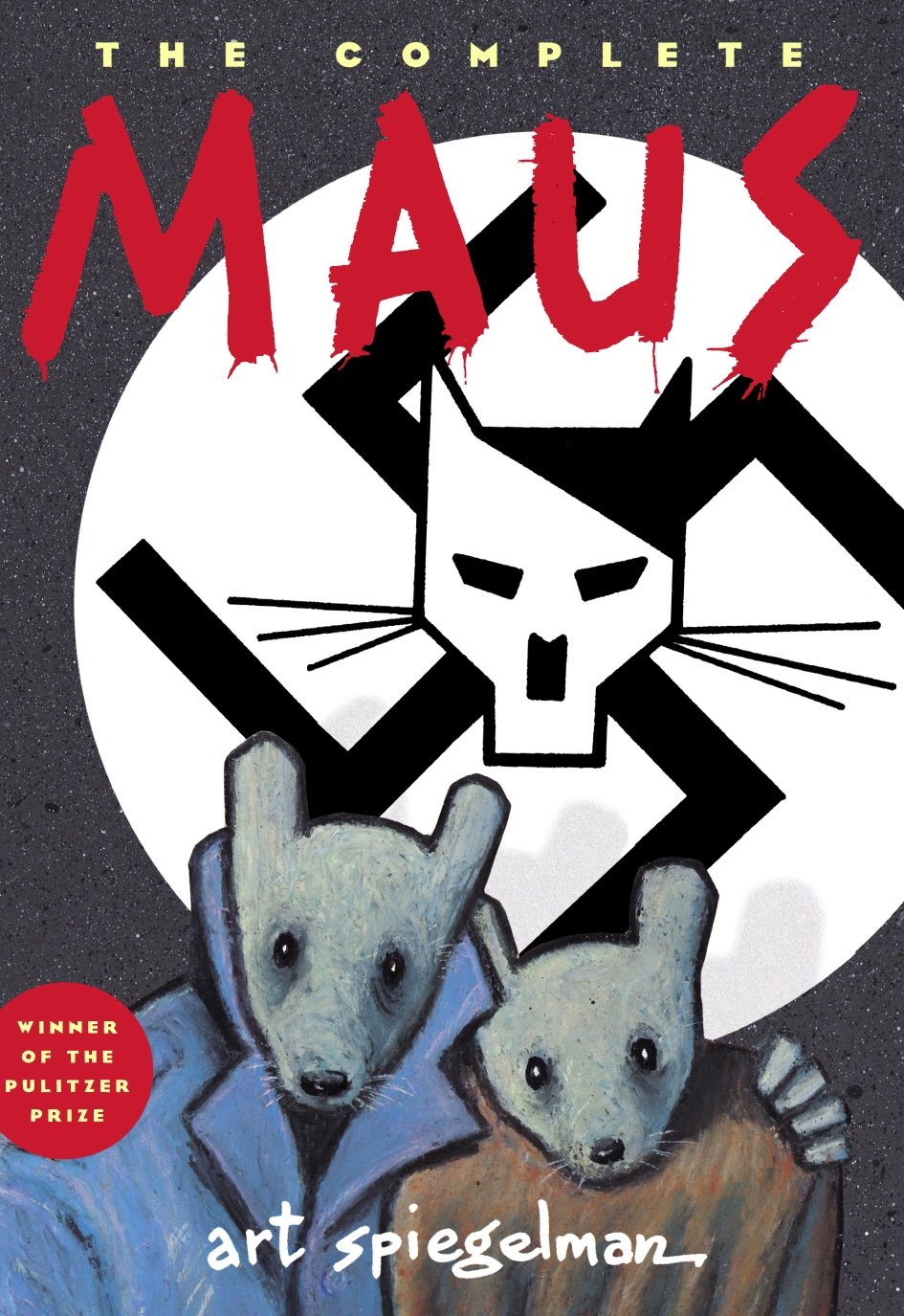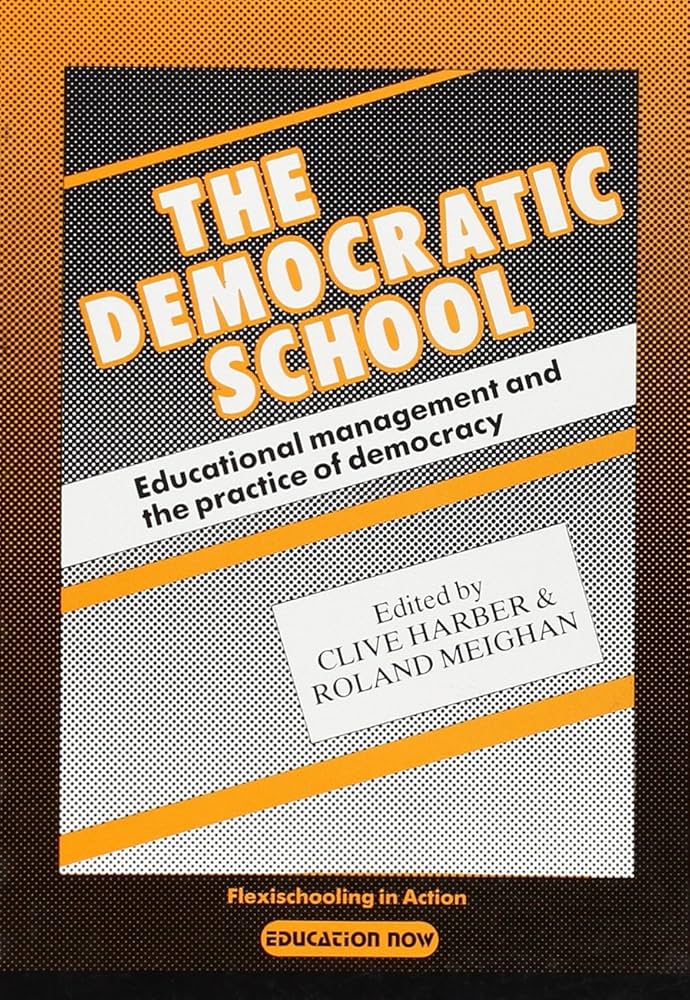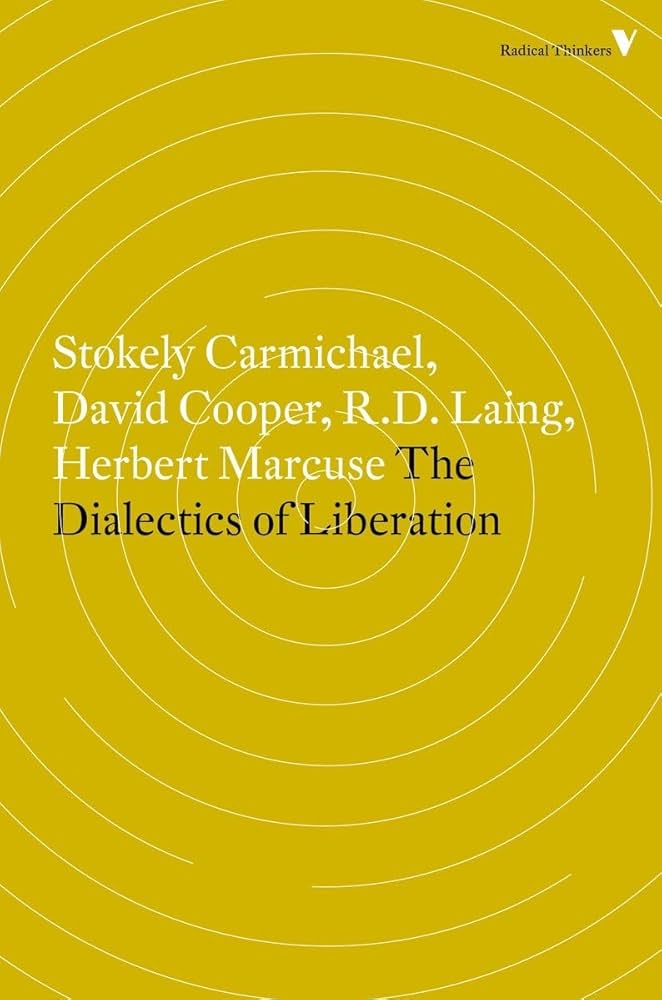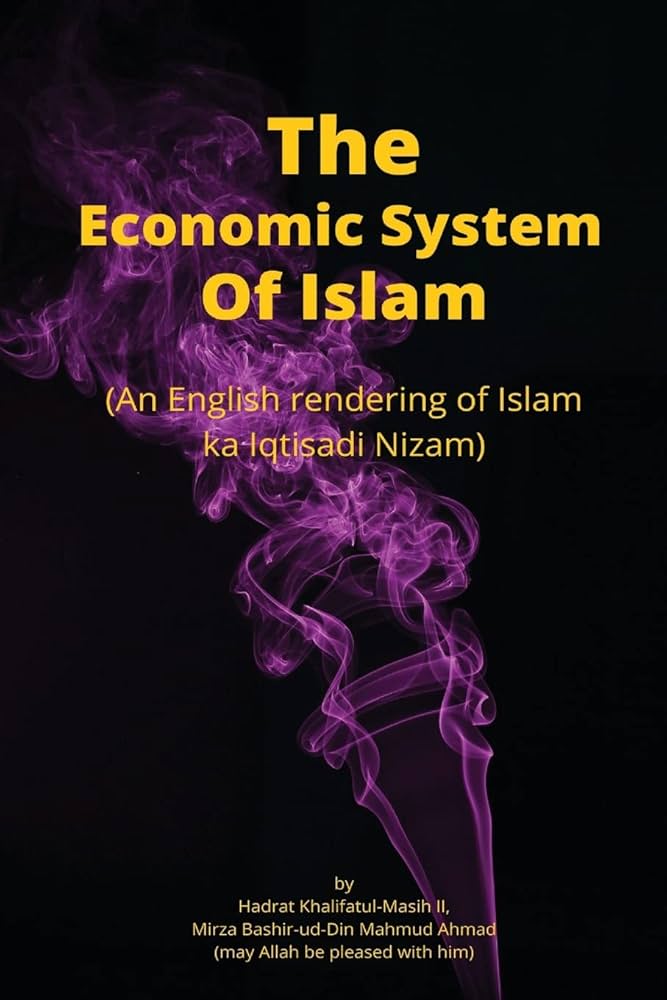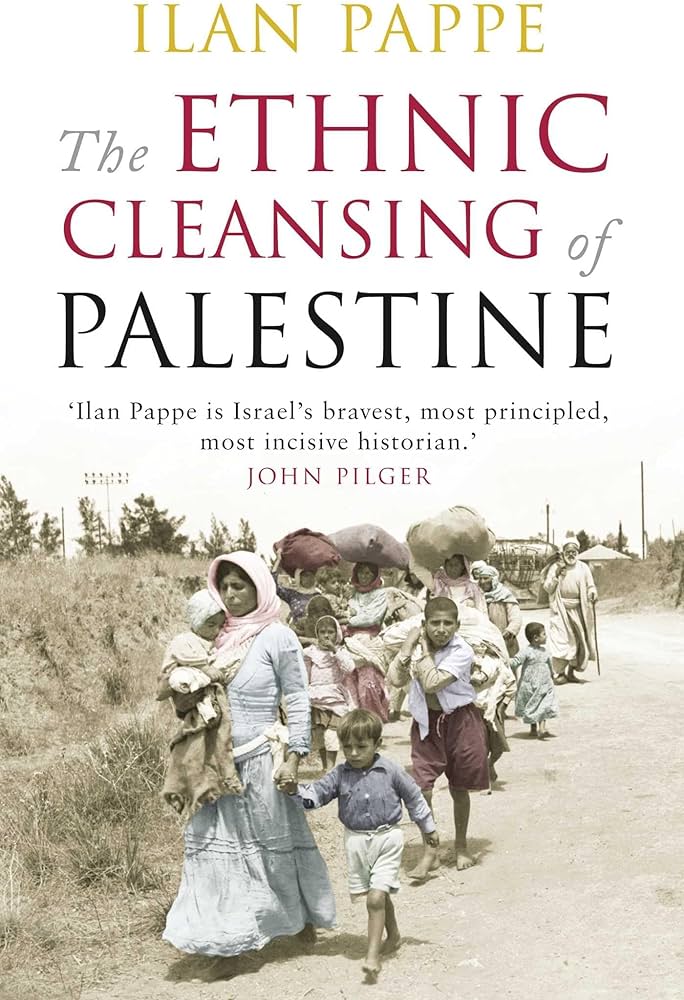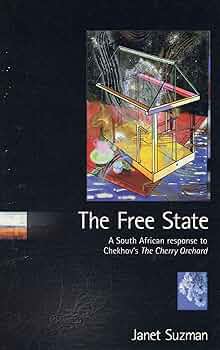The classic, PULITZER PRIZE-winning novel that made Alice Walker a household name.
Set in the deep American South between the wars, THE COLOR PURPLE is the classic tale of Celie, a young black girl born into poverty and segregation. Raped repeatedly by the man she calls 'father', she has two children taken away from her, is separated from her beloved sister Nettie and is trapped into an ugly marriage. But then she meets the glamorous Shug Avery, singer and magic-maker - a woman who has taken charge of her own destiny. Gradually Celie discovers the power and joy of her own spirit, freeing her from her past and reuniting her with those she loves.
The classic, PULITZER PRIZE-winning novel that made Alice Walker a household name.
Set in the deep American South between the wars, THE COLOR PURPLE is the classic tale of Celie, a young black girl born into poverty and segregation. Raped repeatedly by the man she calls 'father', she has two children taken away from her, is separated from her beloved sister Nettie and is trapped into an ugly marriage. But then she meets the glamorous Shug Avery, singer and magic-maker - a woman who has taken charge of her own destiny. Gradually Celie discovers the power and joy of her own spirit, freeing her from her past and reuniting her with those she loves.
'One of the most haunting books you could ever wish to read ... it is stunning - moving, exciting, and wonderful' Lenny Henry
The complete text of the political tract which has exercised so great an influence on the world in the last century. In a special introduction to this edition A.J.P. Taylor charts the progress of the manifesto from persecuted obscurity to global reverence and examines the relevance of Marx's nineteenth-century ideas to the realities of modern politics.
The first and only graphic novel to win the Pulitzer Prize, MAUS is a brutally moving work of art about a Holocaust survivor -- and the son who survives him
'The first masterpiece in comic book history' The New Yorker
Maus tells the story of Vladek Spiegelman, a Jewish survivor of Hitler's Europe, and his son, a cartoonist coming to terms with his father's story. Approaching the unspeakable through the diminutive (the Nazis are cats, the Jews mice), Vladek's harrowing story of survival is woven into the author's account of his tortured relationship with his aging father.
Against the backdrop of guilt brought by survival, they stage a normal life of small arguments and unhappy visits, studying the bloody pawprints of history and tracking its meaning for those who come next.
HAILED AS THE GREATEST GRAPHIC NOVEL OF ALL TIME, THIS COMBINED, DEFINITIVE EDITION INCLUDES MAUS I: A SURVIVOR'S TALE AND MAUS II.
___________________________________________________________________________
'The most affecting and successful narrative ever done about the Holocaust'Wall Street Journal
'A brutally moving work of art' Boston Globe
'No summary can do justice to Spiegelman's narrative skill' Adam Gopnik
'Like all great stories, it tells us more about ourselves than we could ever suspect' Philip Pullman
'A capital-G Genius' Michael Chabon
In democratic education, the learners as a group have the power to make some, most, or even all of these decisions since power is shared and not appropriated in advance by a minority.
The now legendary Dialectics of Liberation congress, held in London in 1967, was a unique expression of the politics of dissent. Existential psychiatrists, Marxist intellectuals, anarchists, and political leaders met to discuss key social issues. Edited by David Cooper, The Dialectics of Liberation compiles interventions from congress contributors Stokely Carmichael, Herbert Marcuse, R. D. Laing, Paul Sweezy, and others, to explore the roots of social violence. Against a backdrop of rising student frustration, racism, class inequality, and environmental degradation—a setting familiar to readers today—the conference aimed to create genuine revolutionary momentum by fusing ideology and action on the levels of the individual and of mass society. The Dialectics of Liberation captures the rise of a forceful style of political activity that came to characterize the following years.
The Economic System of Islam, is an English version of a lecture delivered in Urdu by Hazrat Mirza Bashir-ud-Din Mahmud Ahmad, the Second Khalifah Head of the Ahmadiyya Muslim Community to a gathering of academia in Lahore, Pakistan, in 1945.
The book presents a detailed account of the teachings of Islam regarding the system of economics. It demonstrates that economic system of Islam is placed within the broader teachings of Islam, with the objective of attaining the pleasure of Allah and everlasting bliss in the Hereafter. It provides for a healthy and progressive society in which the basic needs of all are met, and incentives for achieving excellence are provided, with due regard to justice and fair play.
Renowned Israeli historian, Ilan Pappe's groundbreaking work on the formation of the State of Israel. Between 1947 and 1949, over 400 Palestinian villages were deliberately destroyed, civilians were massacred and around a million men, women, and children were expelled from their homes at gunpoint. Denied for almost six decades, had it happened today it could only have been called 'ethnic cleansing'. Decisively debunking the myth that the Palestinian population left of their own accord in the course of this war, Ilan Pappe offers impressive archival evidence to demonstrate that, from its very inception, a central plank in Israel’s founding ideology was the forcible removal of the indigenous population. Indispensable for anyone interested in the current crisis in the Middle East.
This polemic approaches the subject of anarchism in relation to class struggle. It presents an argument against class-based society and hierarchy and advocates for a free and equal society based on individual dignity and merit.
Drawing from the authors’ experiences as activists and documenting the activities of other 20th-century anarchists—including clandestine activities and social change by any means—this fundamental text asserts that government is the true enemy of the people and that only through the dissolution of government can the people put an end to exploitation and war, leading to a fully free society.
Janet Suzman's contemporary take on Chekhov's The Cherry Orchard, relocated to that part of South Africa known as the eastern Free State, looks at the lives of whites and blacks shifted irrevocably by the winds of political change. It is 1994 and democracy has replaced apartheid. But with new freedoms come new problems of identity and loyalties. Chekhov's enduring themes of change, time and family fidelity take on new resonances in Suzman's adaptation.

